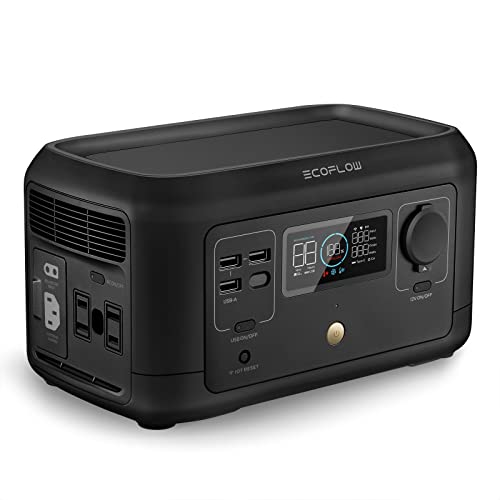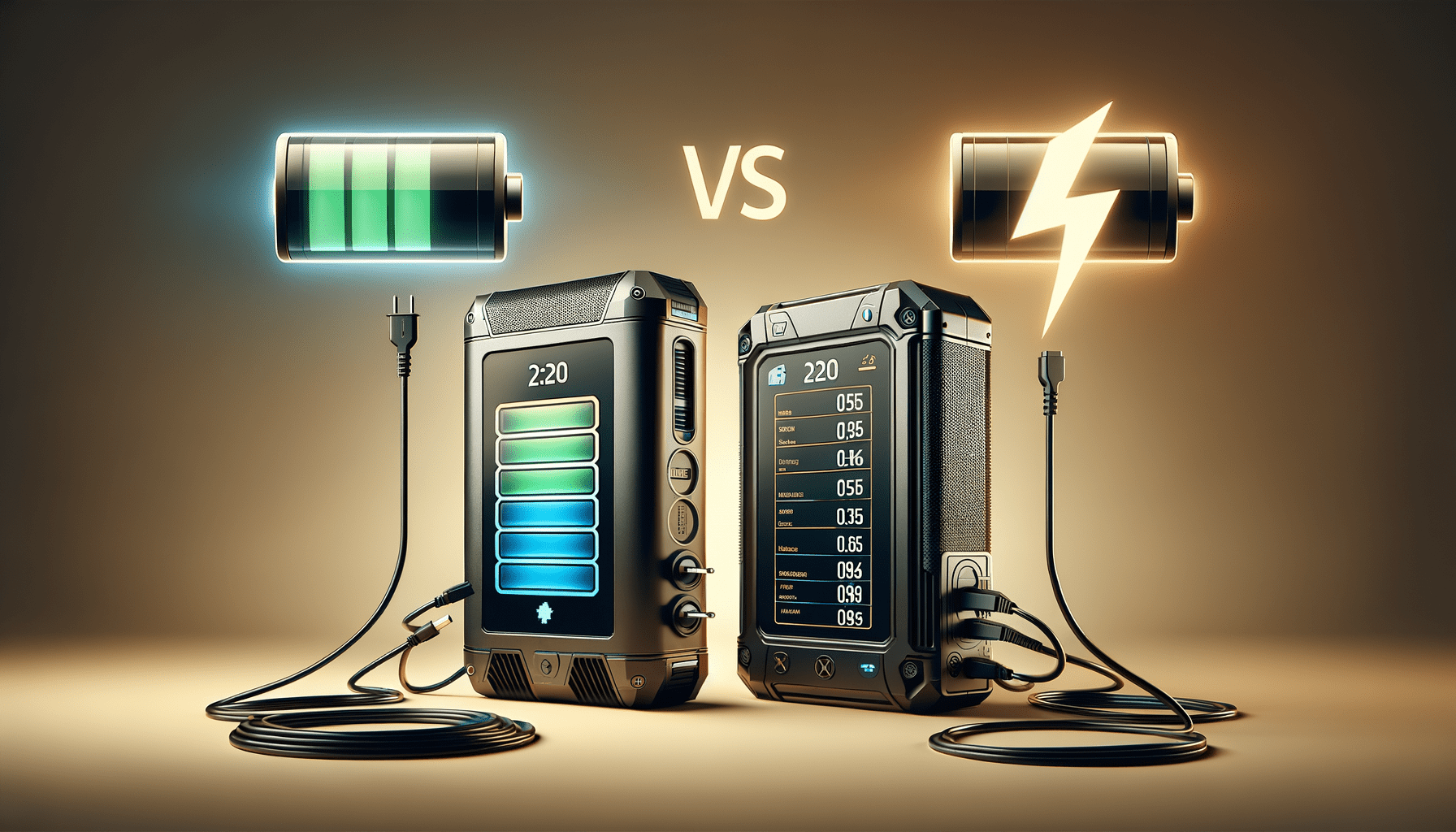In today’s mobile world, having power on the go is more than just convenience—it’s a necessity. Whether you’re an outdoor enthusiast, a digital nomad, or just looking to prepare for power outages, portable power stations offer an essential source of energy. In this article, we’ll be comparing the Jackery 100 Plus and the EcoFlow River Mini to help you determine which one fits your needs.
Battery Capacity and Life
The Jackery 100 Plus features a 99Wh Lithium Iron Phosphate (LiFePO4) battery promising up to 2,000 cycles at 80% capacity, while the EcoFlow River Mini has a 210Wh NCM battery with 500 cycles to 80% capacity. This difference highlights the Jackery’s longevity despite its smaller capacity.
Port Options and Power Output
Both devices offer a variety of charging ports, but the Jackery stands out with its dual PD ports supporting up to 100W each. The EcoFlow features a 100W USB-C only in its Wireless version and has a higher total AC output at 300W.
Charging Methods and Speed
You can charge the Jackery 100 Plus via solar panels, AC, or car charging—with solar charging completing in just 2 hours. The EcoFlow River Mini also supports multiple charging options with its fastest AC charge taking 1.5 hours.
Durability and Environmental Impact
The Jackery 100 Plus boasts a rugged design with a focus on safety and environmental sustainability with its recyclable packaging. The EcoFlow River Mini doesn’t fall short on safety, featuring an advanced BMS for protection.
Size and Portability
Portability is key for any mobile power unit. Weighing just over 2 pounds, the Jackery 100 Plus is lighter than the 6.3-pound EcoFlow River Mini, making the former a more travel-friendly choice.
Head-to-Head Specification Table
| Specification | Jackery 100 Plus | EcoFlow River Mini |
|---|---|---|
| Battery Capacity | 99Wh (LiFePO4) | 210Wh (NCM) |
| Lifecycle | 2,000 cycles to 80% | 500 cycles to 80% |
| Weight | 965 grams (~2.13 lbs) | 2.85 kg (~6.3 lbs) |
| AC Output | Not specified | 300W total (600W surge) |
| Charging Time (AC) | 1.8 hours | 1.5 hours |
| Solar Charging | Compatible | Compatible |
| Cycle Life | Longer | Shorter |
| USB-C Output | Up to 100W | 100W (Wireless version only) |
| Environmental Impact | Recyclable packaging | Not specified |


Conclusion
Deciding between the Jackery 100 Plus and the EcoFlow River Mini depends on what you prioritize—long-term durability or immediate battery capacity. If your adventures demand a lightweight companion with resilience, the Jackery 100 Plus is your match. For those requiring more power for multiple devices, the EcoFlow River Mini packs a stronger punch. Evaluate your power needs, port preference, and consider long-term sustainability to make the best choice.


Leave a Reply